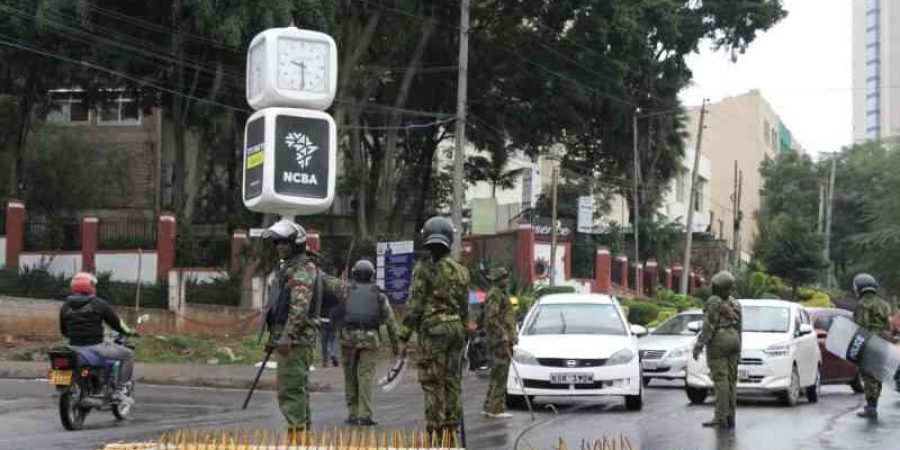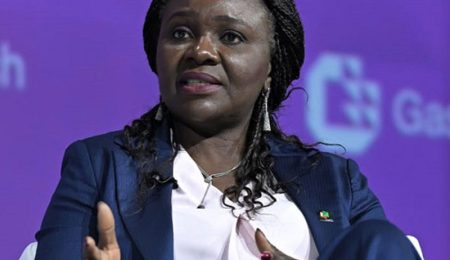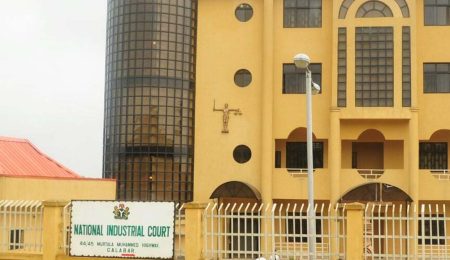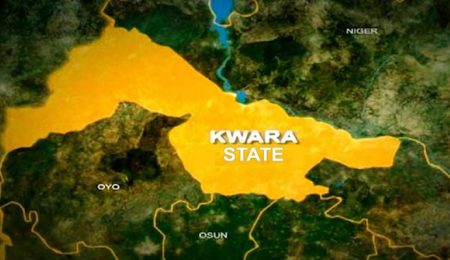Kenya’s capital, Nairobi, entered a tense lockdown on Monday as security forces blocked major roads leading into the city ahead of planned nationwide protests commemorating Saba Saba — the historic July 7 movement for multiparty democracy.
By early morning, much of the city centre was deserted. Businesses remained shuttered, schools advised students to stay home, and heavily armed police patrolled key intersections. Hundreds of commuters and travellers were stranded at checkpoints, some set up more than 10 kilometres from the city centre, with access severely restricted.
Security measures intensified around critical government installations, including the State House and Parliament, where roads were sealed off with razor wire. Authorities say the heightened presence is aimed at protecting lives and property while maintaining public order.
In a statement released Sunday evening, the police reaffirmed their constitutional mandate to uphold security amid the growing unrest.
The July 7 demonstrations — commonly known as Saba Saba (Swahili for “seven-seven”) — mark the 35th anniversary of the 1990 protests that challenged one-party rule under then-President Daniel arap Moi. The original protests were met with a violent crackdown that reportedly left at least 20 dead and led to the arrest of many others. Since then, Saba Saba has become a symbol of civic resistance and the ongoing fight for democratic freedom in Kenya.
This year’s protests, largely mobilised by young people and civil society groups, are calling for improved governance, greater accountability, and justice for victims of police brutality. They come in the wake of a broader wave of anti-government protests that began last year over taxation and cost of living concerns.
The demonstrations follow a violent episode on 25 June, when at least 19 people were killed and thousands of businesses were destroyed during nationwide protests held in memory of those killed in last year’s unrest. Authorities and activists continue to clash over the cause of the violence, with reports alleging the involvement of criminal gangs — often referred to as “goons” — who infiltrate protests to loot and incite chaos. Civil society groups have accused police of colluding with these elements, a claim the police have vehemently denied.
On Sunday, tensions escalated further after an armed gang stormed the offices of the Kenya Human Rights Commission in Nairobi, disrupting a press briefing by women activists calling for an end to state-sponsored violence.
As Kenya marks the 35th anniversary of the Saba Saba movement, the nation once again finds itself grappling with the same issues that sparked the protests decades ago — repression, accountability, and the right of citizens to peacefully demand change.
Follow us on:



